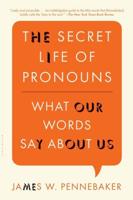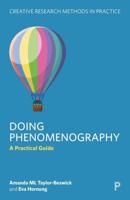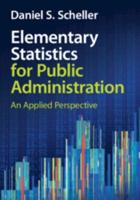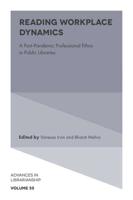Publisher's Synopsis
In this analysis of the language of totalitarianism, John Wesley Young examines the manipulation of language by Nazi and Communist regimes. Relating the language of totalitarian regimes to the language Newspeak in George Orwell's satirical novel "1984", Young addresses the similarities and differences between the real and fictional languages, demonstrates the accuracy of Newspeak, and explores the degree of control that language can exert over the thought and behaviour of a people.;Based on Orwell's own perceptions of political, literary and linguistic practices, Newspeak is used in the novel by a totalitarian dictatorship to create a distorted view of reality and to control the thought and behaviour of its subjects. It is a language in which heretical ideas cannot be expressed or even concieved. Young's analysis of the speeches and writings of actual dictators, particularly in Nazi Germany and the Soviet Union, reveals a similar propagandistic structure in the use, or misuse, of language, the purpose of which was to enslave and control the populace.;Young's analysis of the effects of these languages on the subjects of totalitarian dictatorships reveals that although Orwell's Newspeak was a potent instrument of control over the thought and behaviour of the citizens, the language of actual totalitarian regimes was not nearly so successful. When official rhetoric and reality did not agree, the skepticism and cynicism of the people gave rise to the phenomenon of counterlanguages that attempted to reinscribe the reality of life under dictorial rule. Young evaluates the extent to which thought control succeeded under the Nazi and Soviet regimes and considers the implications that these findings offer for linguistic determinism.










